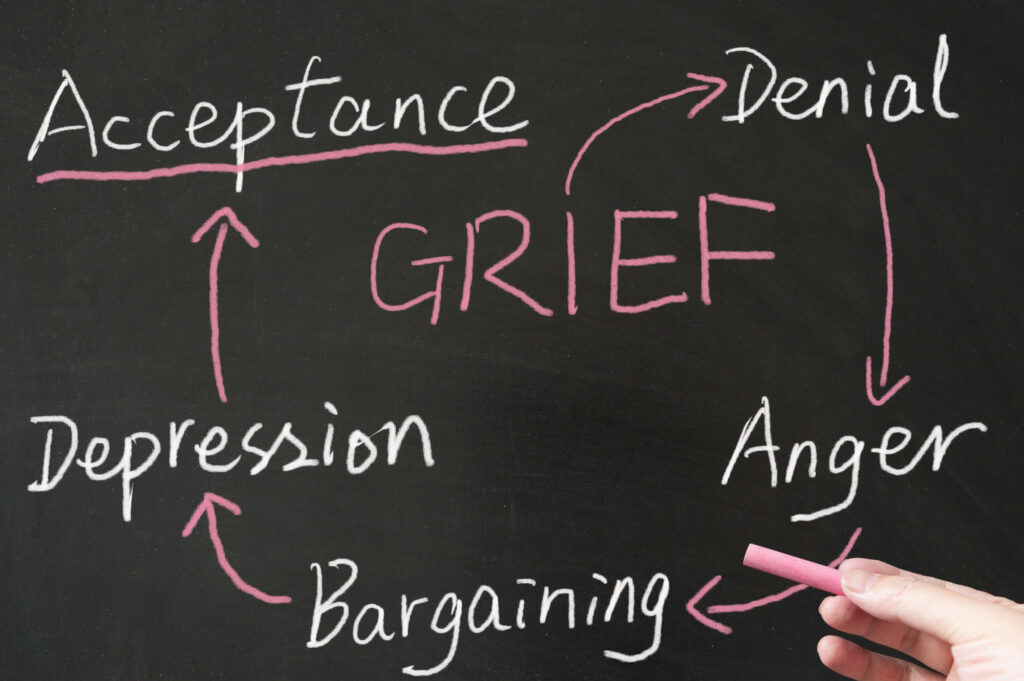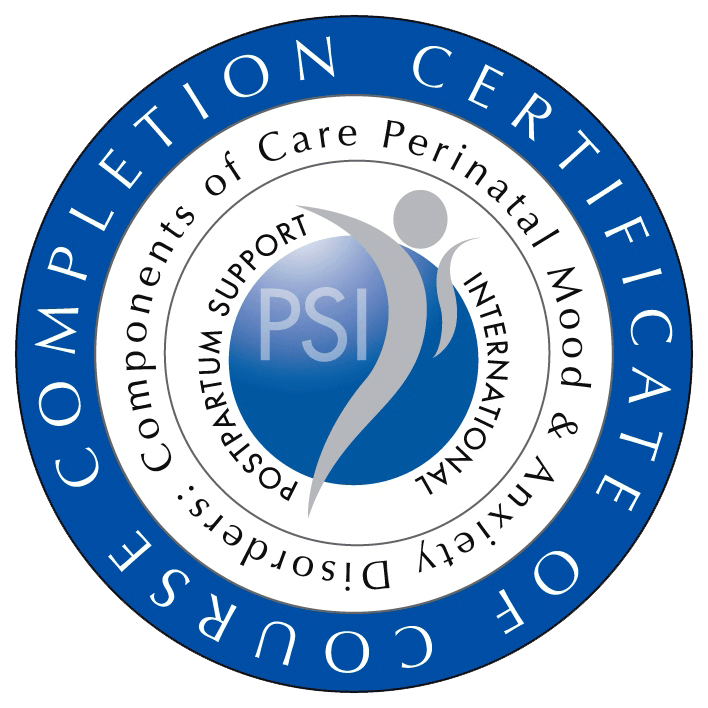The loss of a loved one, relationship, or job can completely alter your state of being. Sometimes the only answer is grief counseling.
Grief is an overwhelming feeling and the most difficult thing you may have to deal with. It’s impossible to prepare for losing someone you love or moving on from a career. When it happens, you’ll never really look at things the same way.
Time keeps trundling along and you’ll get swept up in it. As everyone else gets back to normal, there’s a possibility that grief might hang like an albatross around your neck for longer than you or others believe it should.
In this post, we’re going to discuss some of the benefits of grief counseling. We all know that you’ll never replace that person or thing you cherished so much. With grief counseling, you can learn how to better live your life with your memories close at hand.
There’s no denying that you may feel vulnerable when you start grief counseling but read on and you’ll understand that light can still shine through the clouds.
1. Get Back to Being You
After you experience some type of loss and start working through the 5 stages of grief, it’s rare that you actually feel like yourself. You may feel like a version of yourself, but someone who is irreparably damaged because of the intense feelings of loss. This can go on for weeks, months, and even years.
Eventually, most people start coming out on the other side. There aren’t any rules for how long grief should last, but it has a way of taking hold of some and not letting go. A simplified way of looking at grief therapy is as a way to get through grief a little bit faster and more effectively.
Whether your grief is causing you to avoid social situations, making you feel unmotivated at work, or sending you into a deep depression, counseling can help. Being able to unload your feelings onto a therapist or a group of other grieving people can bring you back to reality.
Systemic therapy can help anyone get through grief. Visit our site to learn how our therapists can custom-tailor therapy sessions and help you get back to being you.
2. Accepting and Working With Loss
One of the biggest reasons that people have such a difficult time with grief is that they’re resistant to the idea of loss. This is especially true with dying. We all have to go through it at some point, but there’s fear and denial associated with it anyways.
When someone close passes away, not only are you having to deal with the fact that they’re gone, but those negative feelings about death start to creep in and consume you. Accepting death as part of life and working with loss instead of against it is a crucial part of dealing with grief.
Unsurprisingly, talking about acceptance of death with a grief counselor can help you become more comfortable with it. As soon as you gain acceptance, you can start appreciating life for what it is and enjoying those around you more.
On one hand, grief is sad and difficult because you’ve lost someone or something you love. On the other, however, it allows you to live more in the present, which is an important way to be.
3. Ending Loneliness
Loneliness is another undeniable aspect of grief. If you’ve ended a long-term relationship or your significant other has passed away, then there tends to feel like a gaping hole is in your life while you simultaneously cope with the obvious feelings of loss.
Being lonely can have a massive effect on one’s mental and physical health. You may feel completely lost, vulnerable, or hopeless because that person that was there to support you isn’t there any longer. Ending loneliness isn’t something you can do overnight.
The best therapy practices for ending loneliness are usually group sessions because you can open up to people that understand you. This can be extremely powerful and forge strong relationships because of your mutual feelings of loss.
It’s also important to acknowledge the role your spirituality can play in loneliness. When you undergo Christian counseling, you can discuss the larger picture of looking towards God with your counselor. Then, you can start to understand that God is always with you, helping you along.
4. There’s No Rush
People often have preconceived notions about therapy. If you’re worried that a therapist is going to try to push you past your grief faster than you’re ready, then of course you wouldn’t want to see one.
Our therapists aren’t looking to “cure” you of your grief, they’re trying to help you move through it at your own pace. There’s no rush when it comes to grieving and as long as you understand that, you’ll conquer it in the end.
A grief counselor is there to listen to you and ask questions that you might not have thought about. In uncovering the deeper truths of your grief, you can confront the issues at hand and learn to live with them.
5. Better Understand Yourself
When you uncover deeper truths about your grief through counseling, you’ll also learn a lot about yourself in general. There’s no denying that losing something or someone important can be a life-changing event. If you properly deal with it by talking to a counselor, then you can come out on the other side a better person.
Find Grief Counseling Near You
Depending on where you live, a quick Google search for “grief therapist near me” might find you a great counselor. If you want to be sure that you’ve got the best grief counseling, then find us at Abundant Living in Rome, GA.
We’re a Christian counseling service for women and we can help you deal with grief and loss in a productive and meaningful way. To learn more about our practices, visit our site, and when you’re ready to take on your grief, contact us to schedule your first session.





